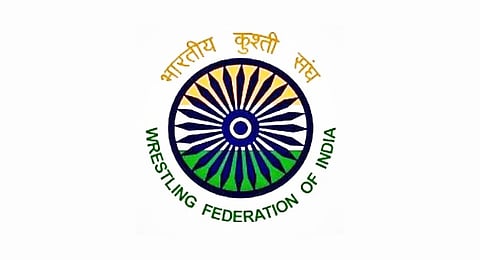

Last week, something extraordinary took place at the Senior Wrestling National Championships. A grappler won his first bout in Greco-Roman wrestling, but was asked to withdraw. Why? His employer, the Railway Sports Promotion Board, told him he had not been cleared to compete at the event in Bengaluru. The seeds of discontent had been sown long before the nationals began.
Railways, one of the largest employers of sportspersons in the country, refused to compete at the competition organised by the Wrestling Federation of India. Incidentally, the RSPB secretary is also the secretary of the WFI; but since he was elected with the backing of the protesting wrestlers and, to an extent, the sports ministry, there was discontent among most WFI members.
Things got more complicated when the sports ministry wrote to the Indian Olympic Association to form an ad hoc committee to run the WFI because it did not recognise the newly-elected body. After railways’ wrestlers were allowed to compete at international events through WFI, it seemed a little baffling to prevent the country’s top wrestlers from competing at the nationals. However, the RSPB had its argument. Since the sports ministry has not recognised WFI since last December, the competition too is not legitimate. However, the international federation, United World Wrestling, recognises WFI and accepts entries sent by them.
When the nationals began, top wrestlers including Olympic bronze medallist Aman Sehrawat did not participate. What made things more unsavoury was that some wrestlers who wanted to participate at the nationals could not. In the clash between top WFI and RSPB officials, the players suffered. The sports ministry complicated matters by not coming clear on its policy of recognising not just WFI, but other national sports federations because of a Delhi High Court order passed last August for violation of the 2011 National Sports Development Code.
Though there is no official directive, technically, most nationals that have taken place since the August order may face recognition issues, which in turn would affect funding. It’s time for the sports ministry and all other stakeholders to urgently address this issue. Not just WFI, most national sporting federations are suffering—elections to more than half a dozen of them are now sub-judice. A quick resolution to the standoff will help sports.